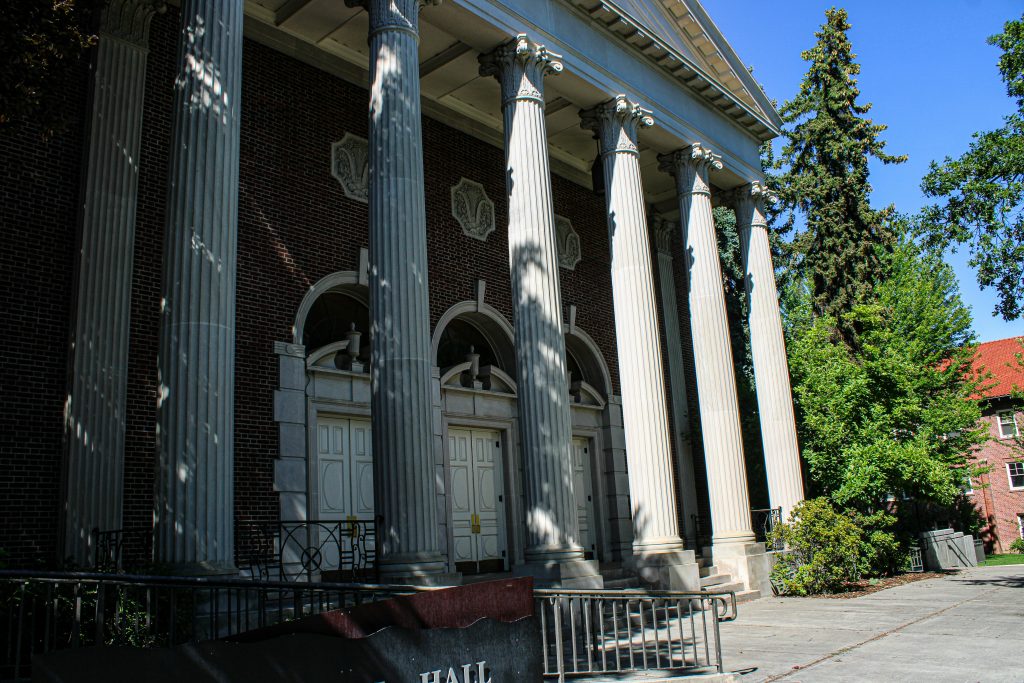
Columbia University President Resigns Amid Campus Unrest
In a significant development for Columbia University, President Minouche Shafik has announced her resignation following a series of protests that have stirred controversy and debate on the campus. The decision comes just months after a pro-Palestinian encampment was established at the university, which sparked widespread discussions about free speech, academic freedom, and the university’s role in addressing sensitive political issues.
Shafik’s presidency has been under scrutiny since the spring, when demonstrations erupted in response to the ongoing conflict in the Middle East. The university community became increasingly polarized as students voiced their opinions on the war and its implications, leading to heightened tensions on campus. Critics of Shafik’s administration have pointed to her handling of the protests as a significant factor in her decision to step down, with many arguing that her response was inadequate in addressing the concerns raised by both sides of the debate.
In her tenure as president, Shafik called for a police response to the protests, a move that was met with mixed reactions from students and faculty alike. While some felt that a law enforcement presence was necessary to maintain order, others viewed it as an infringement on students’ rights to protest and express their opinions. This dichotomy highlighted the challenges that university leadership faces in navigating complex social and political landscapes.
Shafik’s resignation marks a notable shift for Columbia University, which has historically prided itself on being a bastion of free thought and discourse. In the wake of her departure, students and faculty are left to ponder the future direction of the university and its leadership. Many students have expressed curiosity and concern about who will take the helm next and how the new president will address the ongoing issues of antisemitism and campus safety.
Furthermore, Shafik’s resignation comes at a time when universities across the nation are grappling with similar challenges, as political activism increasingly spills into campus life. The handling of protests, especially those related to international conflicts, is becoming a critical issue for university administrations. This incident at Columbia serves as a reminder of the delicate balance institutions must maintain between upholding free speech and ensuring a safe, inclusive environment for all students.
As Shafik prepares for her next chapter, she has been appointed to chair a review concerning the UK’s approach to international development, a role that could leverage her expertise in global affairs and public policy. This new position may allow her to contribute to important discussions on how universities and governments can better engage with complex international issues.
Columbia University now stands at a crossroads, facing potential changes in its governance and social climate. The resignation of its president could either pave the way for new leadership that is better equipped to handle the tumultuous atmosphere or could lead to further unrest among an already divided student body. The university community awaits the administration’s next steps with anticipation and trepidation, keenly aware of the challenges that lie ahead.
In conclusion, Minouche Shafik’s resignation from Columbia University encapsulates a broader narrative about the intersection of academia, politics, and social activism. As universities continue to grapple with these issues, the lessons learned from this situation may influence how future leaders approach similar challenges in the years to come.
Tags: Columbia University, Free Speech, Leadership, Minouche Shafik, protests, Resignation

相關頭條